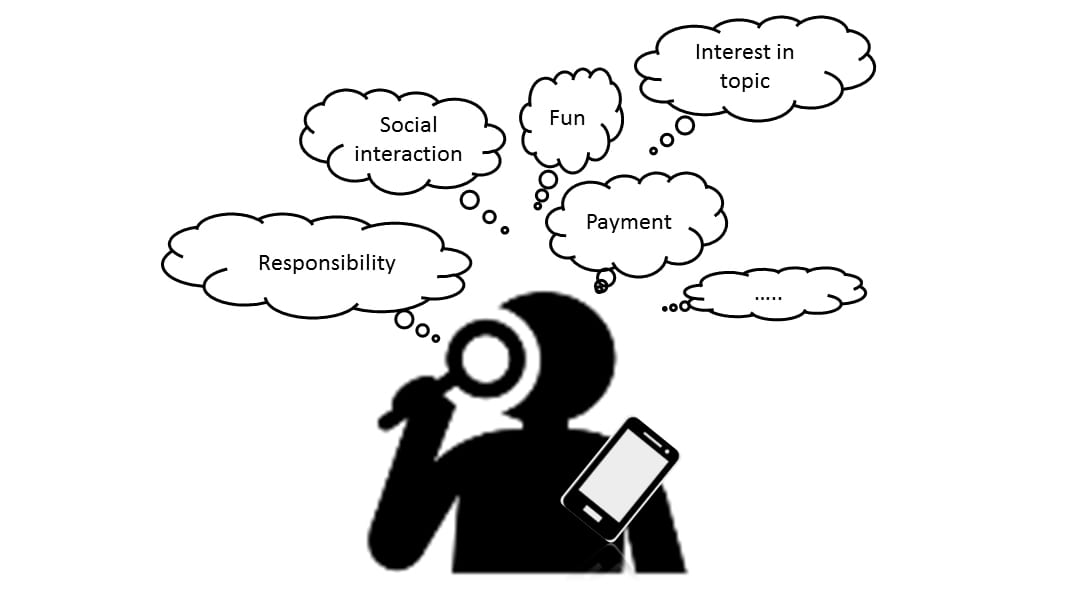Data collection and even data analysis with citizens, also called citizen science, can be very attractive for water resources managers and scientists. Citizens can collect data cheaper, more frequently, and at more locations than the conventional monitoring schemes operated by professionals. In addition the involvement of citizens in data collection and analysis can increase the citizens’ awareness about water resources management, which is typically low. Mobile technology has increased possibilities for citizen science and provides opportunities for large scale mobile crowd sensing. Though water managers have concerns about the quality of data collected with citizens, they see the potential. Yet what motivates citizens to participate in citizen science projects and what are other key factors that determine the success of citizen science projects.
In an overview article recently published in WIREs Water, the checklist for citizen science projects was developed based on a review of key success factors from previous projects reported in the literature. The success factors were organized according to the project phase. In the project formulation phase, success factors include clear definition of goals, roles and responsibilities. At the start of the project, recruitment and training should address the motivation of (potential) participants. During the project, adjustment of the protocols based on citizens’ feedback and provision of feedback to the citizens on the use of the data are key. Data not being used is one of the most important factors for citizens to quit a citizen science campaign. An overview of other factors that encourage and discourage citizens to participate was made based on experiences with previous citizen science projects. Enjoyment and interest are important intrinsic motivations. Social contacts and payment are important extrinsic motivations. An extensive overview of citizen motivations organized by motivation mechanism is presented in a matrix in this article.
The checklist and motivation matrix provide helpful instruments for designers and implementers of citizen science campaigns, but are no blueprint. User-centered design approaches and pilot studies are strongly recommended when initiating a citizen science project for data collection and awareness raising.
Contributed by Martine Rutten.

















